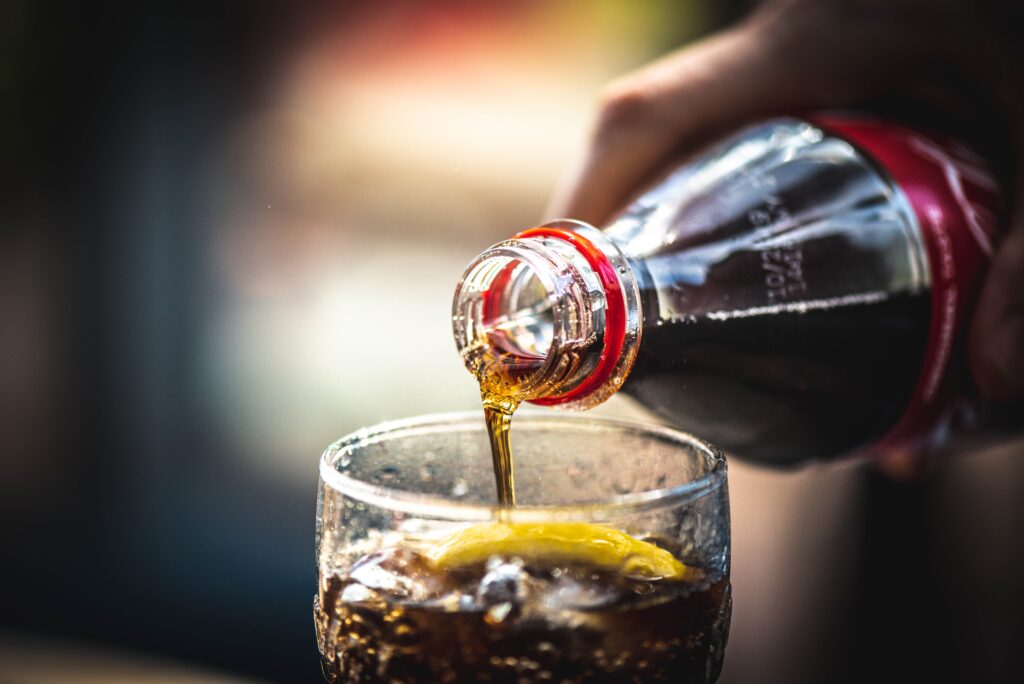
Legal Lessons Kenyan Businesses Can Learn from the Pepsi vs Coca-Cola Brand Wars; How Global Corporate Battles Shape Strategy, Ethics, and Compliance for Kenyan Companies
The rivalry between PepsiCo and The Coca-Cola Company is one of the most famous and fierce in the corporate world. These two beverage behemoths have fought for more than a century, not only for market share and customer loyalty, but also for legal supremacy in a number of different places. Customers continue to enjoy their favorite soft drinks, but these companies have been involved in a legal battle that has valuable lessons for companies everywhere, including in Kenya.
In addition to examining comparable instances from other multinational behemoths, this essay delves further into some of the most interesting court issues involving Pepsi and Coca-Cola and offers useful insights from a Kenyan legal standpoint.
Corporate Espionage and Trade Secrets: United Sates v. Williams (2006)
United States v. Williams (2006) was one of the most spectacular court cases in the Pepsi vs. Coca-Cola story. In this instance, Joya Williams, a Coca-Cola secretary, hatched a scheme with two other people to steal proprietary product data and sell it to PepsiCo. Instead of committing corporate sabotage, PepsiCo notified the FBI and Coca-Cola about the plot, which resulted in a sting operation. The offenders were taken into custody and subsequently found guilty. Williams’ involvement in what turned out to be one of the most well-known corporate espionage instances in contemporary U.S. history earned her an eight-year jail sentence. This case emphasizes the need of protecting trade secrets as well as the advantages ethical business practices have for a company’s reputation.
Marketing Wars and Comparative Advertising: The Pepsi Challenge & New Coke Fiasco (1980s)
The battle of brands has also extended to advertising. In the 1980s, Pepsi launched its widely publicized “Pepsi Challenge” campaign, where blind taste tests were used to show that consumers preferred Pepsi over Coca-Cola. While Coca-Cola never pursued a formal lawsuit, the campaign led to internal chaos at Coca-Cola, culminating in the controversial introduction of “New Coke” in 1985. The market backlash was so strong that the company had to return to its original formula. Though not a courtroom case, this episode—often referred to as the New Coke fiasco—serves as a reminder of how competitive pressure and marketing tactics can result in strategic blunders.In Colombia, Coca-Cola was investigated in 2012 by the country’s Superintendence of Industry and Commerce after accusations surfaced that it used its market dominance to prevent PepsiCo products from gaining refrigeration space in stores. Although no formal charges were filed, the investigation shed light on the use of market power to engage in exclusionary practices—a key concern in competition law.
Rivalries at Home: KBL v. Keroche Breweries (Kenya)
Closer to home, the long-standing legal rivalry between Kenya Breweries Limited (KBL) and Keroche Breweries has been marked by disputes over trademark rights, regulatory compliance, and tax obligations. In KBL v. Keroche Breweries Ltd, KBL sued over the alleged passing off of its Summit Lager brand. The court ruled in favor of KBL, reinforcing the value of brand protection and distinctiveness under Kenyan law.
Legal Viewpoint from Kenya: What Would Take Place Locally?
The Competition Authority in Kenya has extensive authority to control market behavior under the Competition Act of 2010. Investigations and sanctions may result from practices like price-fixing, exclusive trading, or refusal to supply. A Kenyan business might be subject to the same kind of governmental scrutiny as in situations like Coca-Cola’s refrigeration monopoly.
The Industrial Property Act and other legal rules of breach of confidence provide protection for trade secrets and private company information. If an employee tries to divulge confidential information, they may be charged with theft or subject to a civil lawsuit for damages.
Lessons for Legal Teams and Businesses in Kenya

What can Kenyan businesses take away from these international conflicts, then?
Invest in IP protection first. Register your inventions, designs, and trademarks. Formality is important, but so is defense.
Second, to safeguard trade secrets, implement stringent internal controls. Use non-disclosure agreements, train your staff, and implement digital security measures.
Third, use moral advertising. Be brave, be imaginative, but always be truthful. Comparative advertising needs to be factual and supported by data.
Fourth, refrain from anti-competitive behavior. Prioritize service and innovation over exclusivity or impediments.
Last but not least, have a legal team that is aware of your strategic objectives and the regulatory landscape. Proactively adhering to regulations is not only prudent, but also advantageous.
Conclusion
The Pepsi vs Coca-Cola rivalry offers more than entertainment—it provides real-world lessons on legal compliance, ethical strategy, and competitive behavior. Whether you’re a startup or an established brand, the law is your playing field as much as the market.
At MMS Advocates, we help businesses navigate the complex intersections of law, strategy, and growth. Because in a world where your next competitor may already be in court, it’s better to be legally prepared than legally surprised.
Written by Jean-Marie